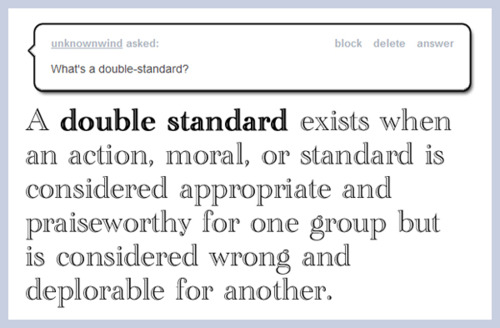On June 9th, CAMERA’s Alex Safian commented on the New York Times’ failure to use the word “terror” to refer to the deadly Palestinian attack on civilians in Tel Aviv on Wednesday, despite the fact that the Times used the root word “terror” fourteen times in a different June 8th story about a hypothetical attack in France in preparation for the Euro 2016 football tournament.
Similarly, our review of four separate reports by the Guardian showed that the media group also failed to use the term “terror” in describing the Tel Aviv attack – except when quoting Israeli officials.

(In contrast, The Times, Telegraph and Independent all used the term “terror” or “terrorist” at least once – without quotes – in their reports on the killings.)
Instead of “terror” attack, the Guardian opted instead for “shooting” or just “attack”. And, instead of “terrorist” to describe the perpetrator, they used the more neutral words “shooter” or “attacker”.
However, as with the NYT, when describing a hypothetical attack in France, the Guardian used the term “terror” without quotes five times in a June 7th story (Foreign Office Warns UK Football Fans of Euro 2016 Terror Threat).
Additionally, the Guardian’s page devoted to coverage of the brutal attack on a LGBT club in Orlando on Sunday, which left fifty dead, is titled “Orlando terror Attack”.
Interestingly, the Guardian Style Guide (the guide to writing, editing and English usage followed by journalists at the Guardian, Observer and theguardian.com) defines “terrorism” in a way which clearly allows journalists to use the word “terror” in reference the Tel Aviv attack.
A terrorist act is directed against victims chosen either randomly or as symbols of what is being opposed (eg workers in the World Trade Centre, tourists in Bali, Spanish commuters). It is designed to create a state of terror in the minds of a particular group of people or the public as a whole for political or social ends. Although most terrorist acts are violent, you can be a terrorist without being overtly violent (eg poisoning a water supply or gassing people on the underground).
Does having a good cause make a difference? The UN says no: “Criminal acts calculated to provoke a state of terror in the general public are in any circumstances unjustifiable, whatever the considerations of a political, philosophical, ideological, racial, ethnic, religious or other nature that may be invoked to justify them.”
Whatever one’s political sympathies, suicide bombers, the 9/11 attackers and most paramilitary groups can all reasonably be regarded as terrorists (or at least groups some of whose members perpetrate terrorist acts).
Nonetheless we need to be very careful about using the term: it is still a subjective judgment – one person’s terrorist may be another person’s freedom fighter, and there are former “terrorists” holding elected office in many parts of the world. Some critics suggest that, for the Guardian, all terrorists are militants – unless their victims are British. Others may point to what they regard as “state terrorism”. Often, alternatives such as militants, radicals, separatists, etc, may be more appropriate and less controversial, but this is a difficult area: references to the “resistance”, for example, imply more sympathy to a cause than calling such fighters “insurgents”. The most important thing is that, in news reporting, we are not seen – because of the language we use – to be taking sides.
No, the Guardian would NEVER want to be seen as taking sides.





